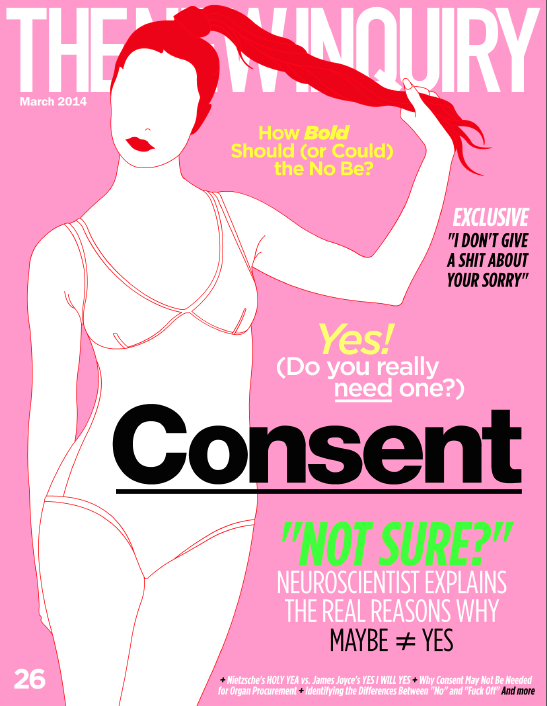 Being a sex worker who doesn’t disclose their transgender status is a minefield, and it’s one I have to navigate every day. The trials workers like me face range from navigating transphobic workplaces and colleagues to selling sex to people who would likely not be happy if they knew our truth.
Being a sex worker who doesn’t disclose their transgender status is a minefield, and it’s one I have to navigate every day. The trials workers like me face range from navigating transphobic workplaces and colleagues to selling sex to people who would likely not be happy if they knew our truth.
I began doing sex work a few months after I had sex reassignment surgery. I entered sex work for fairly typical reasons: poor mental health, poor physical health following my operation, and the resulting need to make money without working long hours. I had to choose between advertising myself as a cisgender person or a transgender person. Considering the lack of a profitable market for trans women sex workers who have had sex reassignment surgery, I decided to not disclose my trans history in my sex work, and instead to advertise myself as a cisgender woman.
There is a trope that trans people only do sex work in order to “save up for the operation”, but this is not true. Trans people, like everyone else, do sex work for myriad reasons, reasons which are too numerous and diverse to be reduced to one easily digestible motivation. But as a result of this common misconception, people regularly refuse to believe that trans people who have gone through surgical reassignment could still need to enter sex work. Yet our position as a minority group that faces a lot of discrimination in employment and housing doesn’t disappear should we choose to go on the operating table. This reality is a hard one to accept, but it’s our truth—people don’t suddenly start to treat you as human when you have surgery. Our struggles as individuals living under a transphobic society remain regardless of our genitals.
I entered sex work ignorant of the ins-and-outs of the industry. I simply walked into a local place that specialized in the field I felt most comfortable working in and signed up for my first shift. I’ve since been doing sex work without disclosure as a trans woman for a couple of years. I’ve met many sex workers, seen many clients, and managed to succeed at making a living.
There are some close friends who I work with whom I do disclose to and others who I’ve decided will never get to know about my past. Every time I tell someone I have to make absolutely sure they will be okay with it before taking that leap. All it would take is sharing my history with one person who reacts badly, and before I know it my whole client pool could find out, and I could end up in poverty, or worse, dead.


 Being a sex worker who doesn’t disclose their transgender status is a minefield, and it’s one I have to navigate every day. The trials workers like me face range from navigating transphobic workplaces and colleagues to selling sex to people who would likely not be happy if they knew our truth.
Being a sex worker who doesn’t disclose their transgender status is a minefield, and it’s one I have to navigate every day. The trials workers like me face range from navigating transphobic workplaces and colleagues to selling sex to people who would likely not be happy if they knew our truth.
